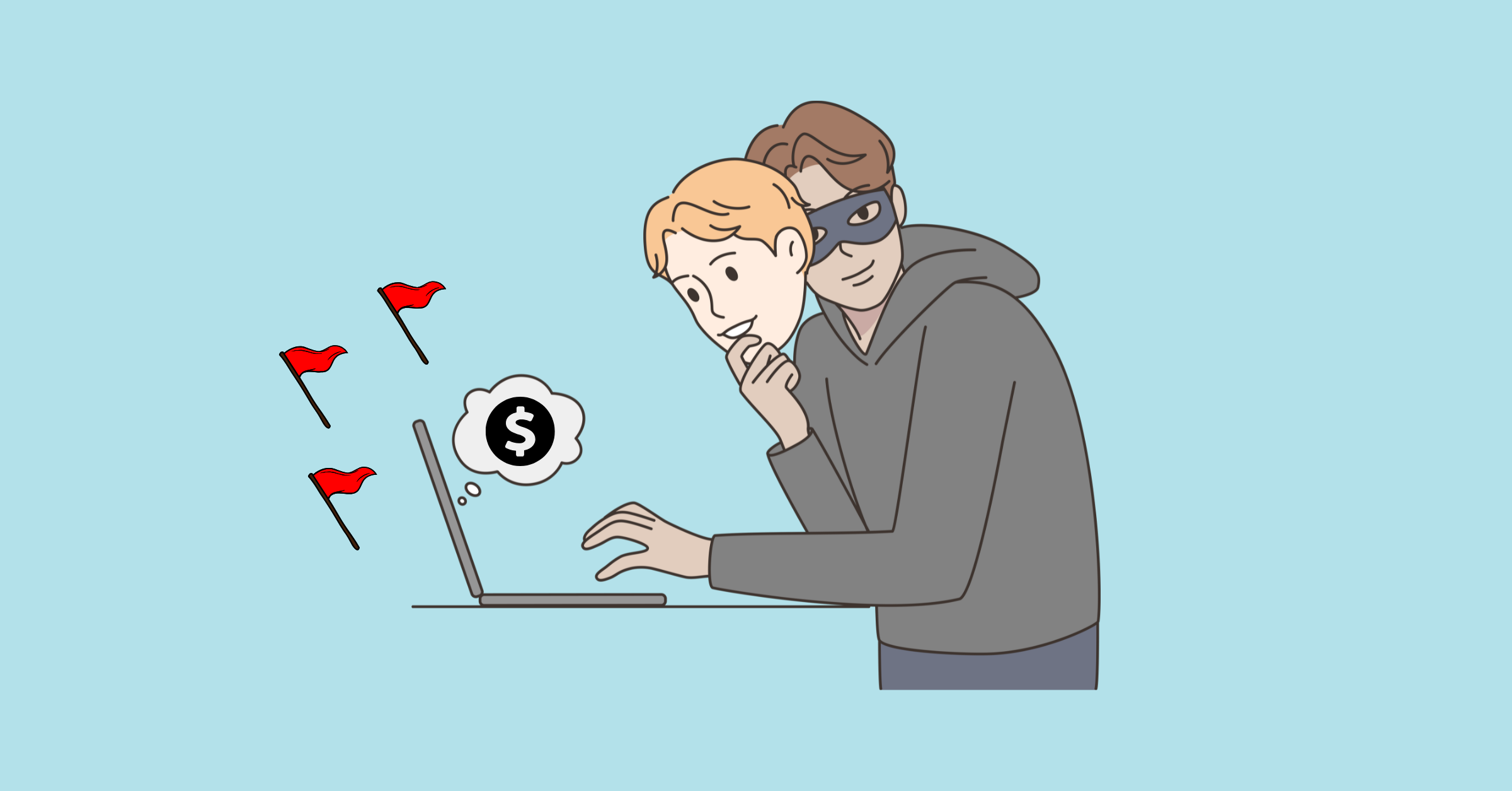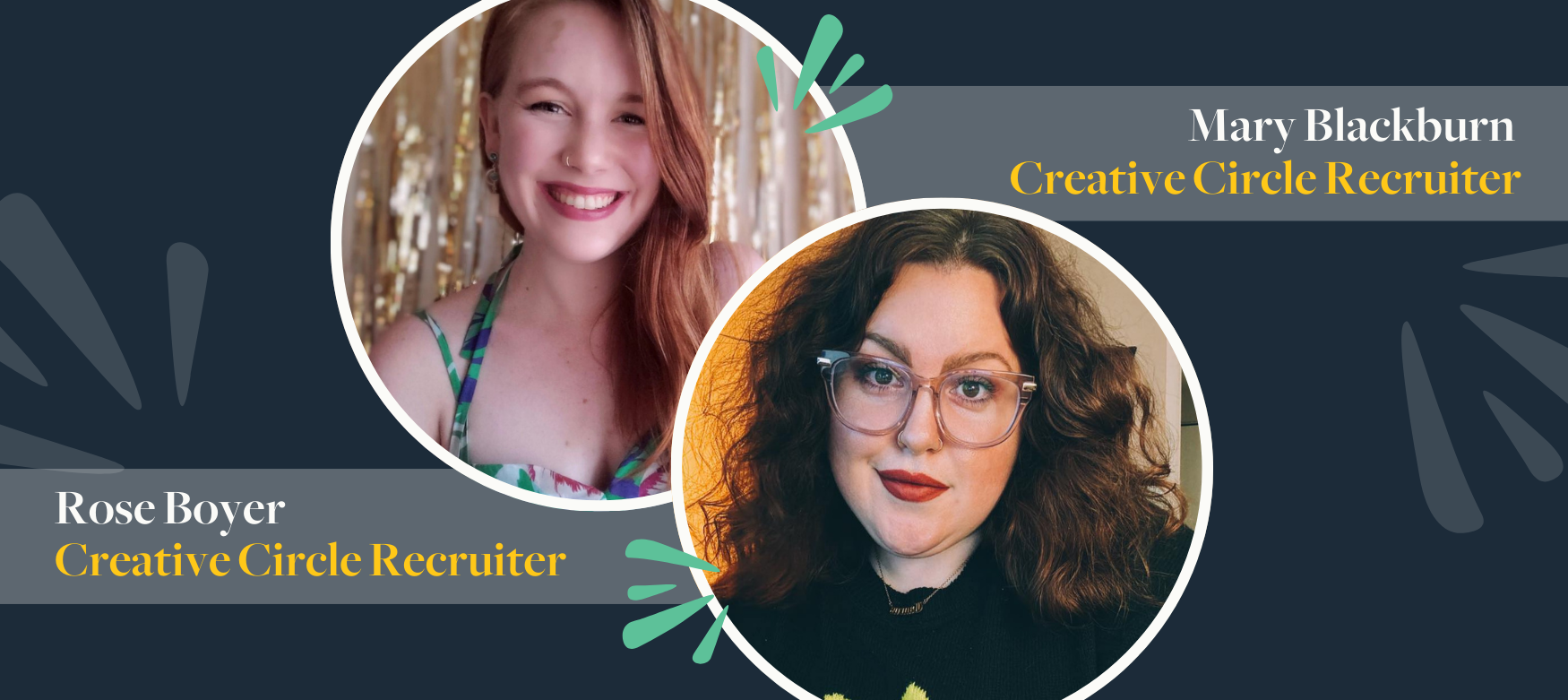One of the most dangerous mistakes you can make as a freelancer is trying too hard to be liked, especially when you’re trying to nail new business. You probably want to make it seem as if you’re smart and easy to work with, so you don’t ask too many questions.
Asking the nitty-gritty questions that sometimes make clients shrug or roll their eyes can be the difference between a profitable assignment and one that eats up your time and prohibits you from taking on more work. Too many projects that go astray can jeopardize your ability to make a living as an independent professional. These nine questions are a good start to make sure you don’t short-change yourself in the process.
1. What’s your budget for the project?
Why beat around the bush? Find out early if the project will be worth your time. Even if the client comes back with a figure you think is ridiculously low, don’t be rude: Offer to recommend an accomplished junior. You’ll both walk away feeling good, and if they really like your work, they may contact you when they have more money.
True story, this happened to a friend of mine when an advertising agency contacted him for a design project. He couldn’t do it on their budget but instead referred them to another designer. They liked him so much, they eventually found the money to hire him; he’s now their Associate Creative Director.
2. How many rounds of edits will I be responsible for?
This is where most freelancers end up losing money. If you’ve already provided a quote and signed a contract, and then the project goes round after round on revisions, you may end up having to eat those costs. Consider committing to a certain number of rounds of edits before additional charges start accruing.
3. Do you already have a creative execution in mind
If the client already has something in mind, why waste time inventing the wheel? You should always bring your own expertise and judgment to adapt their ideas. However, if they specifically ask for something, no matter how awful, you’re not doing your job if you don’t offer it up.
4. Who is my contact at your site?
Having a direct contact can help you avoid wasting hours trying to track down information and assets. Even if you think a project is simple, make sure you get this upfront.
5. Who are the project’s approvers or stakeholders?
As a freelancer, it always makes me nervous if the ultimate approver isn’t at the meeting because it means that whoever is there is interpreting or funneling second-hand directions to you. If the requestor or approver isn’t present, make it a point to learn who it is and then get in touch.
6.Do you have an existing brand style guide that I’ll need to follow?
Don’t start designing, writing, or even noodling around with concepts until you know if you’ll have to follow pre-established guidelines. Better still, get a copy of the style guide and learn the name of the expert who can answer questions about applying the guidelines.
7. Where will the photos come from?
If you either have to find stock photos or provide pre- or post-guidance to a photographer, that’s a lot of time you should make sure you’re compensated for. If the client expects you to furnish them, either by procuring stock photos or taking them yourself, those are extra costs you’ll want to be prepared for.
8. Will this need updates?
It’s one thing to create a website, blog, social media channel, or other interactive project but quite another to make content updates. Make sure the client understands this and will pay you accordingly if they expect you to keep their website, blog, or social media feed current.
9. What are your terms, and to whom should I submit my bills?
For most freelancers, it’s standard operating procedure to collect a deposit when starting a new project, then submitting the bill once the project wraps. The balance could be paid within a month, but many companies have net 60 or even net 90 terms. Are you in a financial position to wait that long to receive the rest of your money? It really matters. And so does knowing who you’ll need to follow up with, once you’ve submitted your invoice.
Protect yourself by asking the right questions before you accept a job. Don’t worry about seeming aggressive, bothersome, or uninformed – to the contrary, asking thoughtful questions will make you appear engaged and knowledgeable. (Besides, working with a client who is too stingy with information is a big red flag.) Most importantly, you’re making sure you receive fair compensation for all of your time and effort.
Lisa is a Creative Circle candidate and seasoned advertising copywriter who lives in Los Angeles. Her background includes both in-house and agency work on Fortune 500 and global accounts in the consumer and healthcare/pharmaceutical fields. She excels at words, fashion, and cats. If you want to work with Lisa, contact Creative Circle Los Angeles.



